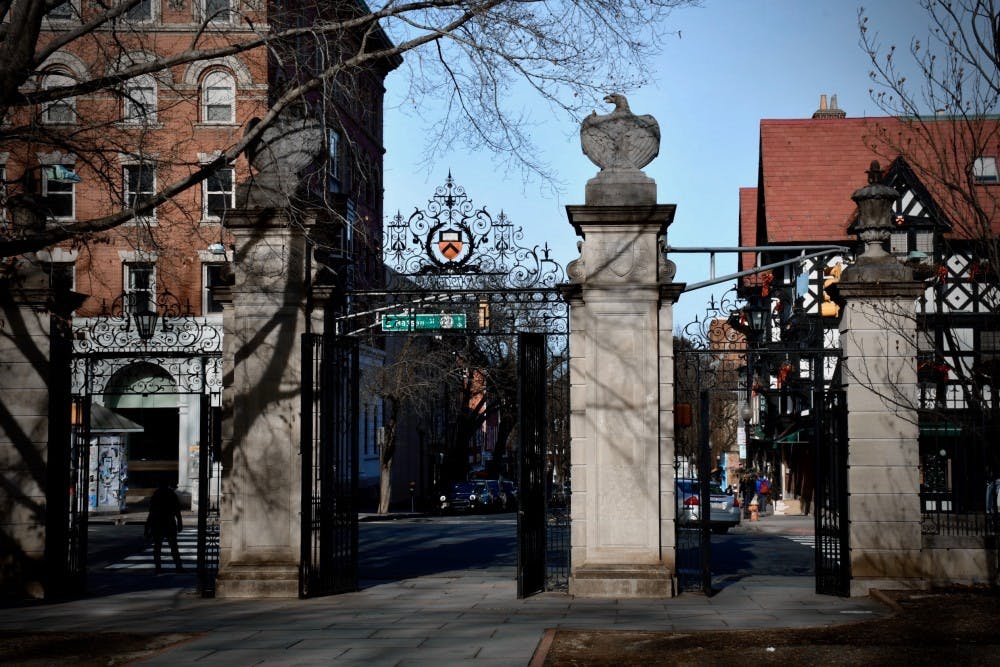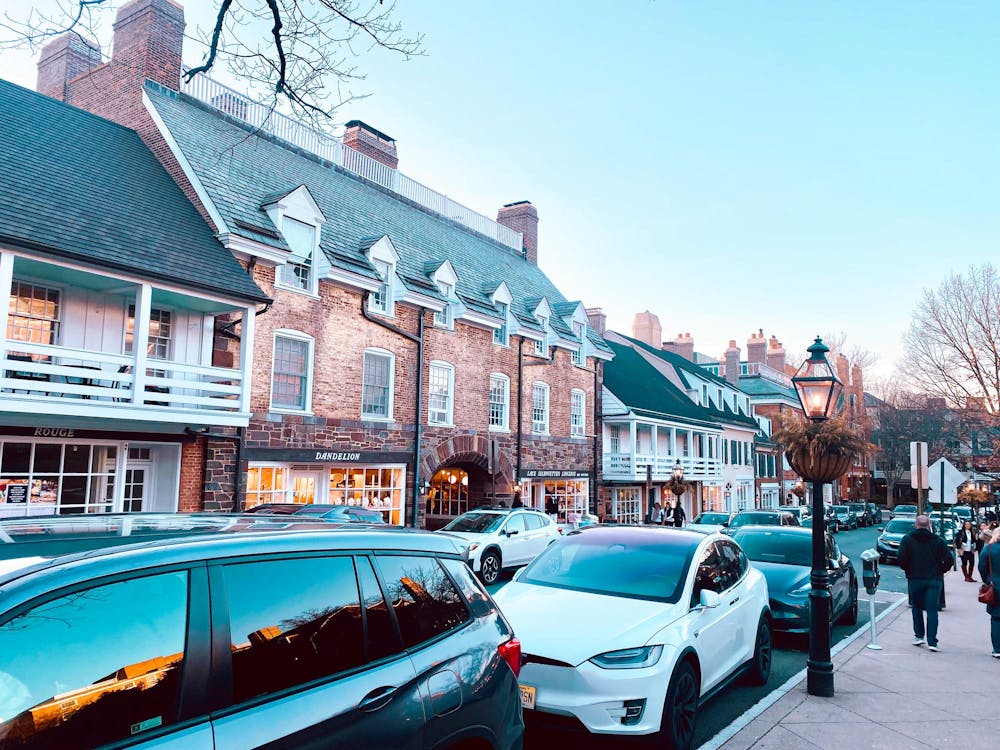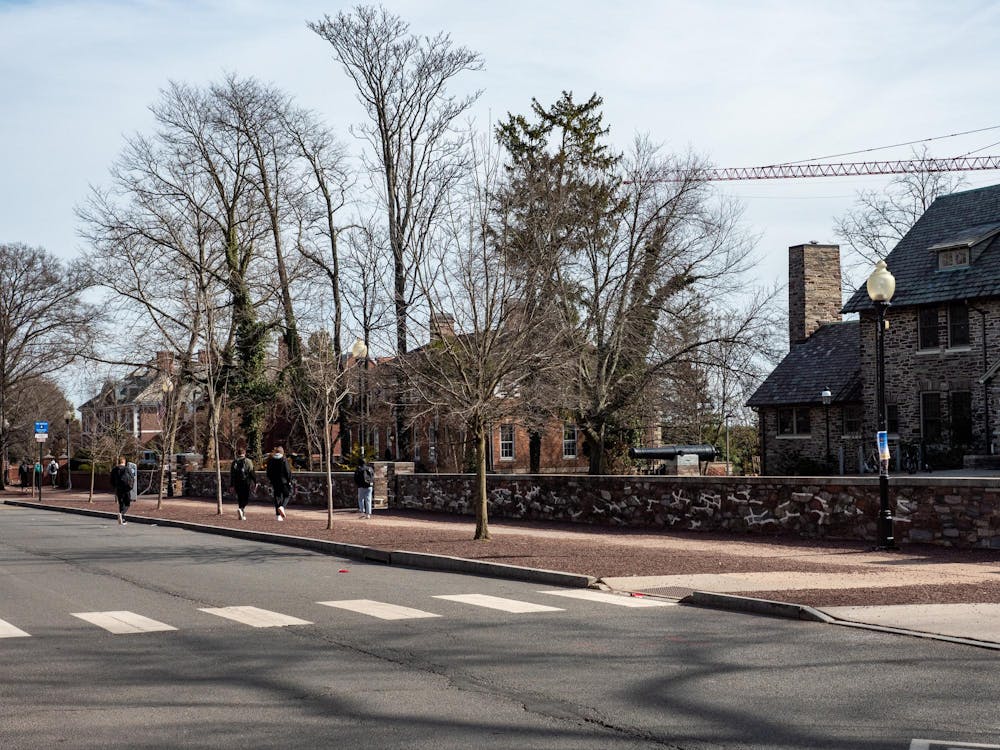On Tuesday, Sept. 22, National Voter Registration Day, numerous campaigns sought to register voters across the country. It is clear that a lot is riding on the election in November, as the pandemic still ravages our country, protests against police brutality and systemic racism highlight racial inequality, and the fears of a worsening economic crisis loom large.
At times, these grave issues may feel overwhelming and demoralizing, but we, Princeton students, need to understand the importance of our voice. This year, Generation Z will make up one in 10 voters, many of us voting for the first time. Historically, the youngest generation is the one to inaugurate social change. But when it comes to using the polls, we have failed, as youth voter turnout is often low.
2020 must be different — this should be the year our generation drives the country towards change.
According to the Pew Research Center, Generation Z is the most racially diverse generation, on track to be the most educated, and is generally of the belief that change is positive. Thus, we should embrace this election as an opportunity to voice our desire for change in a way that can lead to concrete results.
Recent events have brought into sharp relief that the values youth voters care about are under threat. Last week, the legendary Supreme Court Justice Ruth Bader Ginsburg passed away, marking the loss of a champion for gender equality. Meanwhile, the “climate clock,” which counts down the time we have left to make change in order to save our planet, made an appearance in New York City. While these events may seem unrelated, they should both serve as catalysts for high Generation Z voter turnout.
Women’s rights are still under attack well into the 21st century. With the passing of Ginsburg, many women feel that their rights are extremely threatened. The nomination of Amy Coney Barrett is sparking discussion of overturning Roe v. Wade, retracting LBTGQ+ rights, and ending the Affordable Care Act. Instead of taking the time to properly mourn Ginsburg’s passing, many women fear that every door that Ginsburg opened for gender equality will be shut by a conservative-leaning court.
As the most progressive generation, we have to understand these issues are bigger than just us: If these decisions are overturned, it will affect generations to come. We have to do everything in our power to make sure Ginsburg’s legacy remains intact.
Climate change is another issue that should motivate younger voters. Generation Z is not only concerned by the bleak future of the climate, but “downright traumatized.” We did not have the luxury of growing up in a time when our planet’s future was not under threat, and we have had to watch while those older than us chose to ignore it.
With the most recent California fires having burned 3.2 million acres across the state, and 2020 shaping up to be one of the worst hurricane seasons yet, the realities of climate change have become undeniable. Yet the Trump administration has done nothing to address this reality, instead reversing many policies meant to fight climate change. In 2019, 4 million people marched in youth-led protests for climate change, marking the largest youth-led protest for climate change in history. Clearly, young people care about climate change, and it’s our responsibility to prove our passion in the booth by voting for leaders who will protect our environment.
These are just two of the many important issues that arose in 2020 that will be on the ballot this November and should motivate us to vote. As Princeton students, we must fulfill our University’s unofficial motto, “in the Nation’s Service and the Service of Humanity,” and know that it is not only our civic responsibility but our duty to vote this year. We are fortunate enough to attend school with the future leaders of this country; we must act like it.
Maisie McPherson is a sophomore from Dana Point, Calif. She can be reached at maisiem@princeton.edu.










